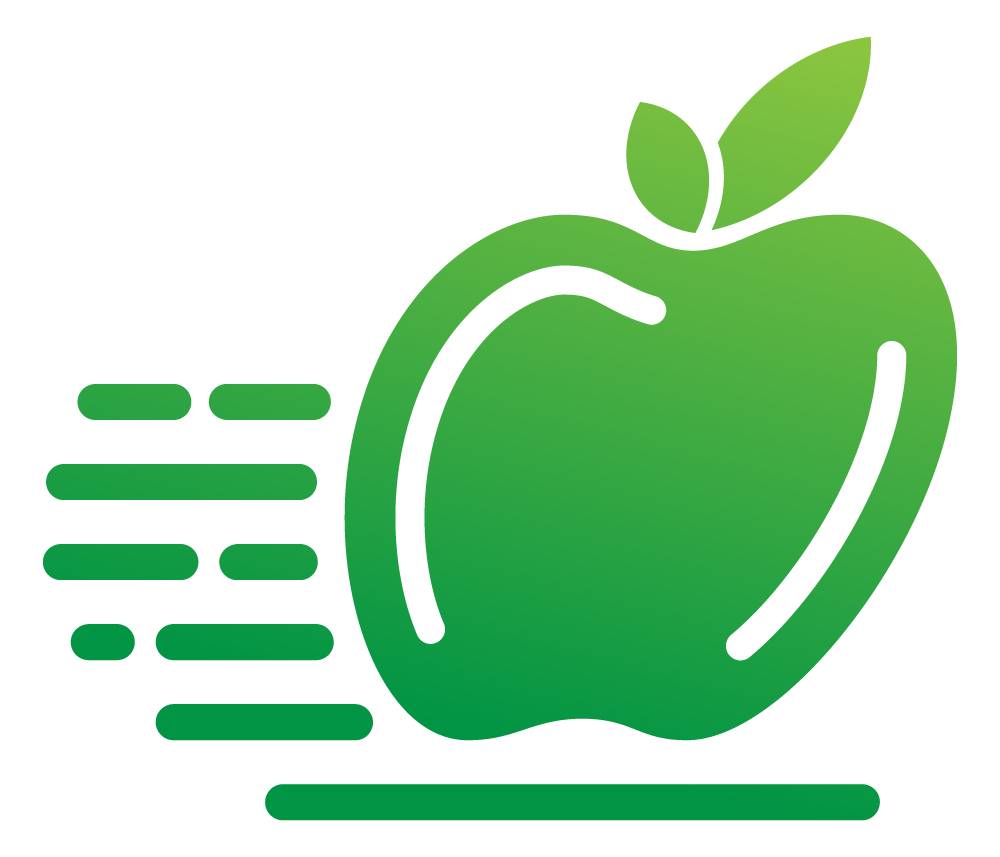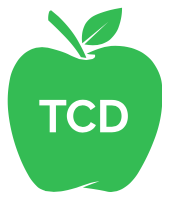Why diabetes is the best thing that ever happened to me
(Part II, I had some more to say. Part I is here)
(Since I first wrote this blog article, I’ve successfully ran my first two marathons. Both of them to prove to myself that diabetes is not stopping me but rather propelling me towards great stuff!)
—-
Stuff happens.
And in almost all cases our innate human tendency is to readily label them as “good” or “bad”, black or white, “ok” or “not ok”. Judging is a rather arrogant way of dealing with life, and as human beings we’ve developed some mastery of it.
Judging is a convenient easy way out of a situation that gives us some excuses to behave in certain ways, hide some facts, and ignore consequences.
When we attach the “good” label to an event, we feel entitled to enjoy it, hiding to ourselves the fact that everything ends eventually and ignoring how frustrated we might feel once the good thing ends.
When we use the “bad” label instead, we give ourselves a good excuse to play the victim, to shrug our shoulders and surrender to the inevitable fact that “this is just the way it is, nothing I can do about it, sorry”, and to ignore how harmful our behavior can be in the long run.
Type-1 Diabetes is a perfect example. Instinctively, I could label my life before the diagnosis as the “good” life: no injections, no blood glucose monitoring, no risks of hypoglycaemias, nothing. Pure mindless enjoyment of all the good things in life, especially the tasty foods that Italy, my home country, so easily provides. Imagine if a chronic disease, out of the blue, with no family history and out of pure “luck”, turns your pancreas into a nice useless mass somewhere inside your upper body. “Nah, that’s impossible, now please stop talking I am enjoying my pizza and my beer after a day spent watching movies on the couch”.
By contrast, my life after the diagnosis can be classified as the “bad” life just as easily. In this case, victimhood would allow me to fall into despair, pretend commiseration by others and, paradoxically, go all-in into harmful ways of living. “I don’t care if pizzas or ice-creams cause hyperglycaemia and insulin resistance. Life is short, I want to enjoy it.”
The twist
As counterintuitive as it may sound, the judging person in the example ends up eating pizza in both scenarios.
In the first one “life is good” and nothing signals a potential disruption of such an idyllic state, so the unaware person becomes convinced that it will just perpetuate. No need for healthy foods and physical activity, “couch and pizza is just fine, don’t you see how good everything is?”
In the second one “life is bad”, and because life is also short “I won’t waste a second and enjoy everything and eat all the things and not be restrained by this fcking diabetes. Fck diabetes, I’ll show you who’s in charge by eating all that ice-cream. Fck diabetes, you don’t exist, let me enjoy life”.*
I could have fallen in the second category, but for some reason on the day of my diagnosis my mind was rewired to operate from another perspective:
“Thank you diabetes. Life is short, let’s not make it shorter”
This was the twist that diabetes forced into my brain. It made me more aware and responsible of my every choice. I started to exercise and to eat clean, to audit my actions and understand the reasons behind my mistakes and impulses, rather than simply labelling them as “bad” things that were happening.
I could’ve put diabetes into the “bad” bucket and give myself plenty of excuses to live a life of victimhood. That sounded extremely easy and convenient, because it would have been the perfect excuse to, say, keep on enjoying big pizzas, witnessing my blood glucose skyrocket and then say “That’s normal, I have diabetes. And because diabetes sucks, hyperglycaemias are just a fact I must accept and there’s nothing I can do about it. Look at me guys, how unlucky I was with this diabetes thing! My life is so hard I cannot even enjoy food anymore”.
That is an easy way out, and a very dangerous one. I chose not to walk that route.
Reframing diabetes: from bad to good
I became aware that what I used to see as “bad” things were “bad” only because I decided to see them as such.
And so I moved diabetes from the “bad” bucket into the “the greatest thing that ever happened to me” bucket. Day after day, I realized the immense opportunity I was given: I could develop an understanding of my body much deeper than the one I had prior to my diagnosis. To be completely honest, before I became diabetic I had no understanding of my body at all.
I was eating one kebab after the other, slamming down pizzas, icecreams, large portions of oily pastas and junk food like no tomorrow.
Needless to say, physical activity was not even in my universe.
Sleep? A mere couple of hours a night just to please my parents. I was too busy attending parties and late night drinks.
But for good or bad, diabetes is ruthless. You know, when you approach diabetes randomly, pretending it does not exist, you pay a price.
Your every waking hour is interrupted by an hypoglycaemia - a condition where you are too weak to move, and your brain basically works at half speed. To get out of it, you bombard yourself with sugar only to end up on the opposite side of the spectrum, hyperglycaemia. Here, you can move, but your brain still works at half speed. Then you crush again because you had to inject some insulin to bring your blood sugar down. And the cycle repeats, effectively enslaving you.
I cannot put into words how frustrating that is. Not being able to study, work, play with friends, be outside for one full hour only because you know diabetes will hit at some point is an excruciating and miserable way of living.
It is frustrating only until you understand it and welcome it. From that moment on, it will be the engine that propels you forward. Read on.
Becoming a scientist of yourself
Diabetes is a gift.
As I said earlier, diabetes is like an magnifying glass into your own body, and if you take some time out to observe what’s going on, you can really take control of your organism.
Diabetes puts you in charge of your own health and you start to become a scientist of yourself:
“When I eat this, this happens to my blood sugar. So food X is ok, food Y I should avoid, food Z is ok in small portions.”
“Oh look, I exercised for half an hour and my blood glucose is much more stable after my meal. Maybe exercising does good? Plus, I feel so much better in general. Maybe I’ll make exercise part of my routine from now on”.
“Damn, I slept a lot tonight. But how fresh I felt today…and my blood glucose was not on its usual rollercoaster! What?? That’s cool!”
You ask questions, you take notes and you figure stuff out.
The cool thing? As you do that, you’ll see that your blood glucose gets better, your insulin doses decrease, and most of all you really start to enjoy life again. The only difference is that now you’re enjoying it thanks to diabetes.
Knowing what are the levers you need to pull in order to make it work while enjoying all the good things life has to offer is a true superpower.
It takes a while, but you’ll get there
It took me years, but my life has changed dramatically for the better.
I remember my high-school years injecting some random amount of bolus, eating some junk processed food during my snacks and lunches, and then desperately trying to keep my blood glucose in range to avoid hyper and hypos - failing all the time.
I was convinced about very stupid things, such as that my life would’ve always been a dance between highs and lows, that I just had to accept the classic “post lunch afternoon slump”, and that practicing sports was out of question for me, because you know, I have hypoglycaemias and I can’t control them.
Then I flipped the switch. I knew there was a way out because other people in my condition had found it, and I wanted to find it too.
The “dance between highs and lows” (a.k.a. “The blood sugar rollercoaster”) was a logical consequence of the fact that I was not tracking what I was eating, not calculating how much I needed to inject, and ignoring the signals my body was giving me. I started to log my foods, my bolus for each meal and what was happening after the meal, and achieved a 90% time in range.
I realised the “post lunch afternoon slump” was only occurring because I was eating refined carbohydrates (like a big piece of bread or white pasta). That was spiking my blood glucose immediately only to bring it down dramatically soon after. That peak followed by a vertical fall was the cause of the crush in energy that prevented me from studying or working in the afternoon (note that this is valid also for people without diabetes). So I started polishing my diet.
Not practicing sports due of hypoglycaemia was only a perfect excuse to keep my butt sticked to the sofa and watch Netflix. Once I figured out what foods optimised my time in range, I became more confident on picking up physical activities of any kind. Since I am becoming a student of my body, I am learning how to make it perform at its best. I’ve since ran two marathons, both of them to prove to myself that diabetes isn’t stopping me from achieving anything.
A life where you go deep into an issue to solve it, and even to turn it into fuel necessary to find a solution, is a life worth living, in my opinion. Nothing blocks you at that point.
This depth of understanding of my own self would have never been possible had I not been diagnosed with diabetes. Diabetes empowered me to take charge of my decisions, to see what was making me feel better and what was making me feel miserable. It then becomes a fun game of iterating through the process, doing more of the former and gradually erasing the latter.
I understood I am the rational agent deciding what direction to give to my life, truly enjoying it to its fullest, with the sole aim of living longer and healthier.
That is why I consider diabetes my biggest blessing.

